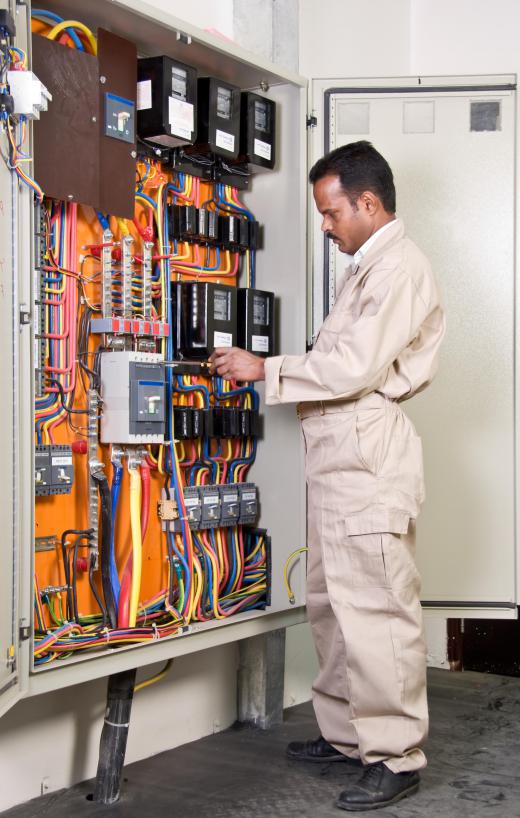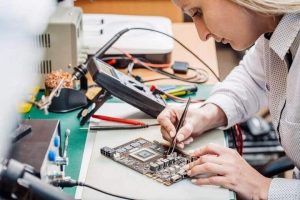
In the ever-evolving world of technology and machinery, the role of a mechanic is becoming increasingly complex and demanding. No longer is it sufficient to have a basic understanding of how machines work. Today's mechanics need a wide range of abilities to keep up with the rapid pace of technological advancements. So, what abilities do mechanics need? Let's delve into the essential skills required in this challenging field.
- Technical Proficiency: This is the bedrock of a mechanic's skill set. A deep understanding of engines, electrical systems, and computerized components is crucial. Mechanics must be proficient in using diagnostic tools and interpreting the results to identify and fix problems. They should also be familiar with the latest technology and machinery, including electric and hybrid vehicles.
- Problem-Solving Skills: Mechanics often face complex issues that require innovative solutions. They need to think critically, analyze problems, and devise effective solutions. This involves understanding the cause of the problem, considering possible solutions, and choosing the best course of action.
- Physical Stamina and Dexterity: Mechanics often work in physically demanding conditions. They need good hand-eye coordination, physical strength, and endurance. They should be comfortable working in cramped spaces and on their feet for extended periods.
- Attention to Detail: Precision is key in mechanical work. A minor error can lead to major problems. Mechanics need to be meticulous in their work, ensuring that every component is in its right place and functioning correctly.
- Communication Skills: Mechanics often interact with clients, explaining complex mechanical issues in a way that non-experts can understand. They need to communicate effectively, both verbally and in writing, and provide excellent customer service.
- Continuous Learning: With the constant advancements in technology, mechanics need to be lifelong learners. They should be open to new ideas and techniques, and proactive in updating their skills through ongoing training and education.
- Ethical Responsibility: Mechanics have a responsibility to perform their work honestly and ethically. This includes providing accurate estimates, not performing unnecessary work, and respecting the customer's property.
- Adaptability: The ability to adapt to changing circumstances is crucial. This could involve working on unfamiliar machinery, adapting to new technologies, or dealing with unexpected problems during a repair.
In conclusion, the abilities mechanics need go beyond technical knowledge. They encompass a range of soft skills, including problem-solving, communication, and adaptability. By honing these abilities, mechanics can ensure they are well-equipped to meet the challenges of their evolving field.

